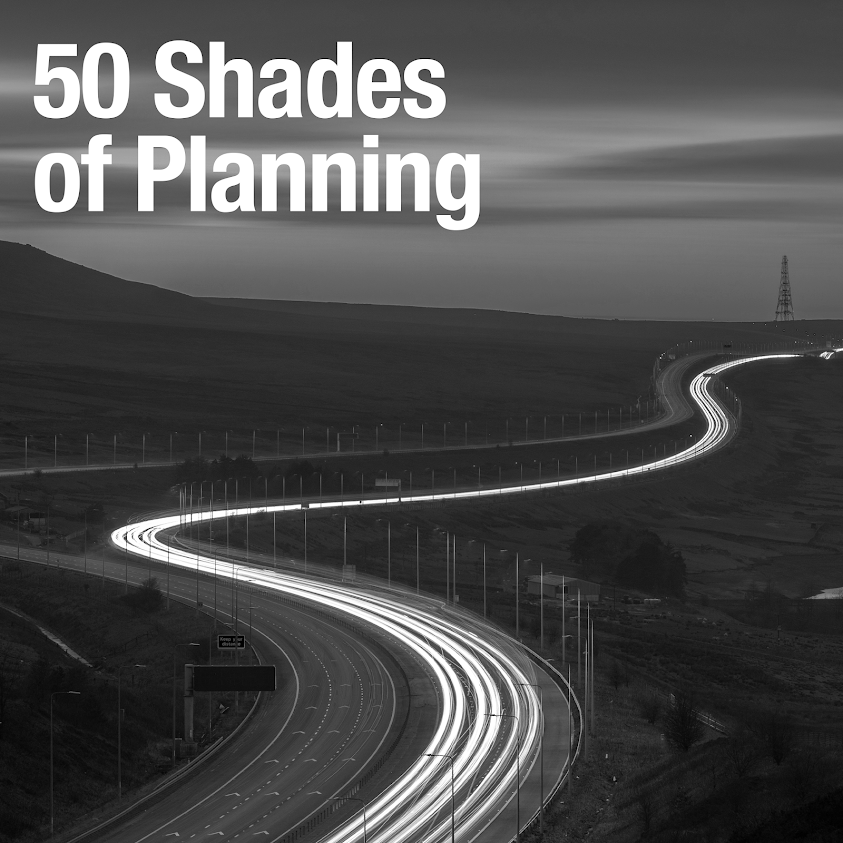On the same day as an opposition debate in Parliament on housing supply, the Guardian has pre-empted Sir Michael Lyons' review of housebuilding, commissioned by the Labour Party as part of a policy review, by reporting his comments to a Local Government Association conference.
Lyons is reported as saying that the two main issues holding back the construction of more homes is the wholly inadequate supply of developable land and the small range of
those able to build houses. On the latter point, Lyons' comments about the need for new freedoms to get local government back delivering homes are consistent with earlier messages about lifting or removing borrowing caps, but if the final draft of his report does include his reported comments on the supply of deliverable land then the Labour Party might have a pre-election decision to make.
Consider, for example, how these quotes from Michael Lyons...
- "The direction of my work is if anything we will turn the screw on the process to make absolutely clear that every community has to do its best."
- "We have to ask ourselves whether the planning system is used too often as a sword to attack any development rather than a shield against inappropriate developments."
- "We should no longer tolerate the situation where we leave the job of finding land to the housebuilders, but then place obstacles in their way as they try to develop it."
..., contrast with these from Hilary Benn, the Shadow Communities Secretary...
- "Local communities should decide where they want new homes and developments to go and then give their consent in the form of planning permission.
- "Communities should be able to determine their own future and decide what their area should look like in five, 10, or 20 years' time.
As Patrick Wintour in the Guardian notes, and as any seasoned campaigner in the planning arena would endorse, the Planning Inspectorate has to have a role in ensuring houses get built, either by scrutinising objectively assessed need or determining appeals. The problem that the Labour Party is likely to have if it is to adopt the likely conclusions of the Lyons Review is that 'More power to the Planning Inspectorate' is not an immediately appealing manifesto commitment...

Comments
Post a Comment